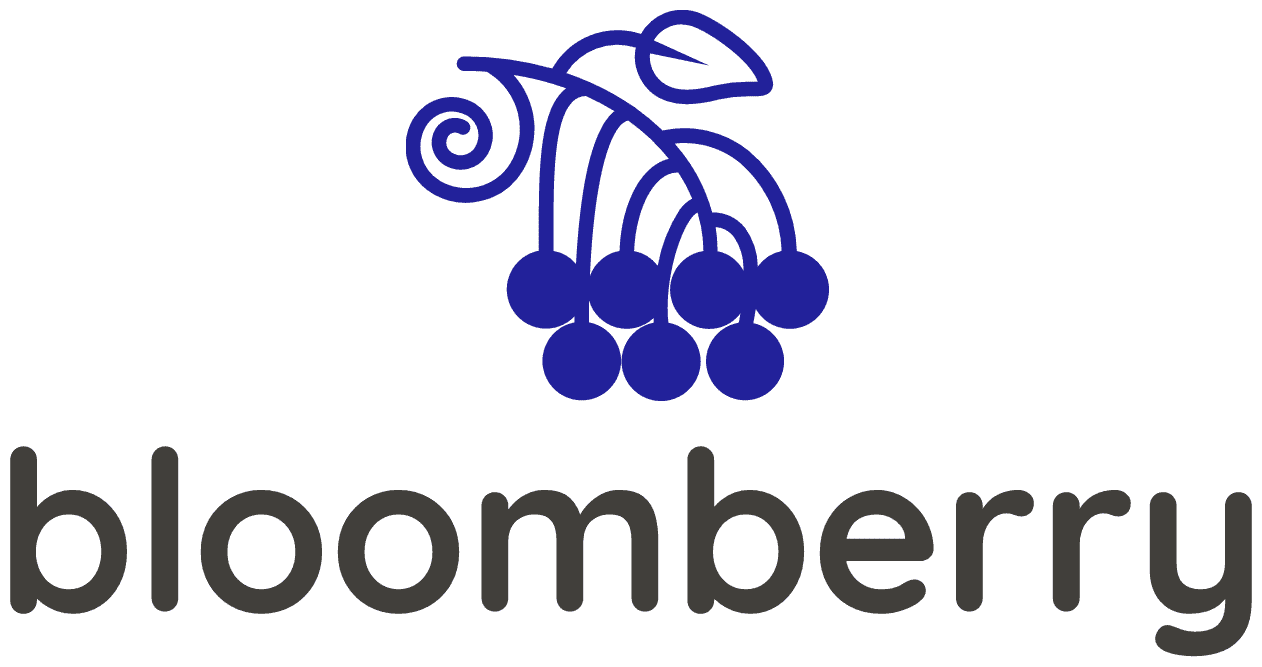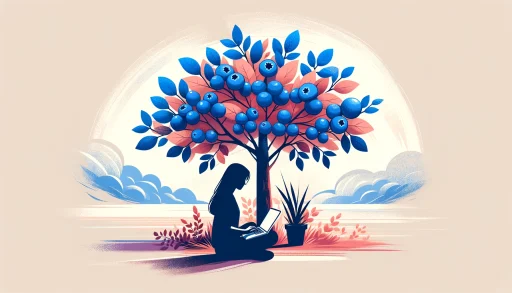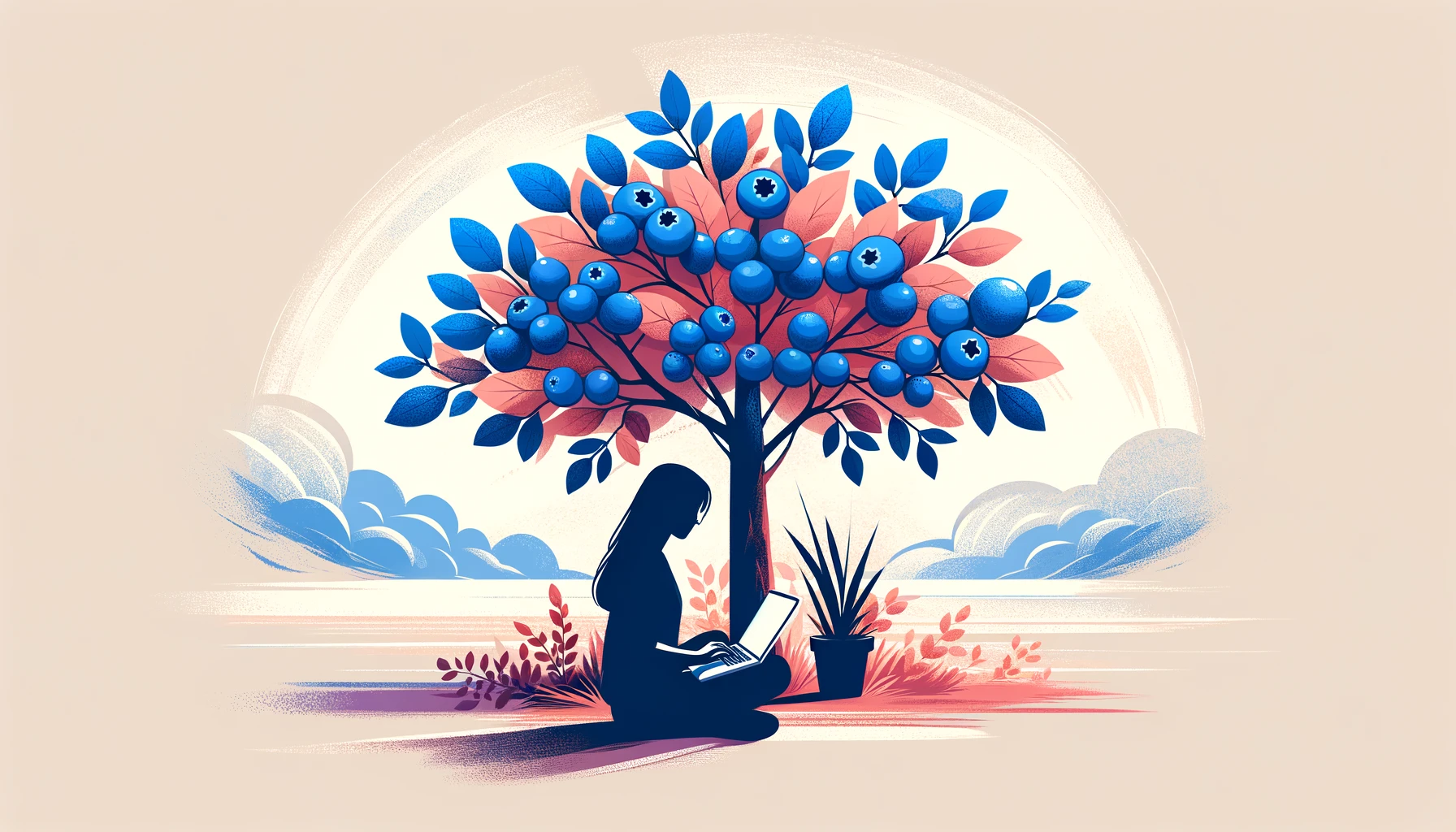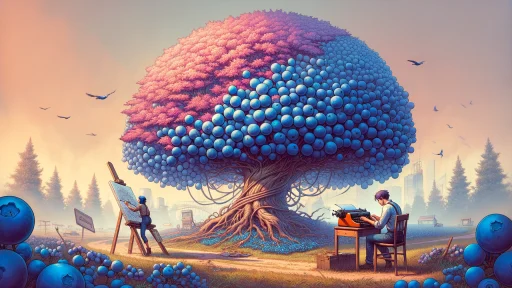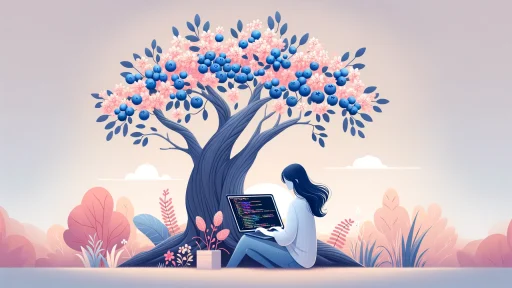Like most people, I’ve been experimenting with ChatGPT these days. At first, it didn’t impress me that much. I’d ask it to write some code, and it would give me code filled with bugs. No matter how much I yelled at ChatGPT, it still wouldn’t get it right (crazy, right?). It seemed like another overrated technology, like Web3 and crypto.
However I kept using it. And the more I used it, the more I saw how powerful it was. And now I’m using it for everything. Just this month, I used it to implement a machine learning algorithm that I was able to deploy in a day… and I have never trained a machine learning model in my entire life. This was a huge deal for me and really opened my eyes. I did something in a day that I thought you needed years of experience to even try. Before this, I felt like an imposter even attempting any basic machine learning.
That’s when I had a scary a-ha moment. This technology is so powerful that there’s a good chance it will completely disrupt the job market for knowledge workers in 5-10 years. Yes, that includes everyone from marketers to software engineers. OK, relax, I know that sounds scary, but here’s the inconvenient truth: AI is already good at low-level tasks. It’s literally destroying barriers to entry for things like writing software. And it’ll eventually become good enough at solving large scale problems like maintaining legacy codebases.
And while AI will boost productivity, that ultimately means less workers will be needed. Instead of a team of 10 people working on a project, you might just need one “AI operator” (whether it’s a coder, marketer or data analyst) and one “AI verifier” to make sure AI is actually doing what it’s supposed to. Oh and those high 6-figure salaries? I’m sorry to burst your bubble, but they will stagnate or decline for most knowledge workers.
Ok, enough with the doomsday talk! Let’s talk about some practical solutions. Given all this inevitable disruption, how do you AI-proof your career? How do you make yourself so indispensable that AI won’t replace your job? Here are 5 suggestions I have for any knowledge worker right now:
Become as close to the customer + problem domain as possible
ChatGPT is very good at proposing and implementing solutions to problems you give it. But it doesn’t know *what* business problems to solve. That’s because it can’t talk to customers, or conduct user interviews. Nor can it talk to salespeople to understand what prospects are asking for. All of these involve actual human interaction, something that will take awhile for AI to master.
In fact, out of all the professions, it is the tech-savvy product manager that is well positioned to take advantage of AI. That’s because they interact with customers regularly. And for the first time, they have powerful tools like ChatGPT to let them quickly implement prototypes or test hypotheses. For simple features, AI might eventually replace entire engineering teams.
It’ll also be awhile until AI can replace product visionaries. Designing products that solve problems is a craft that can’t easily be learn by reading a textbook, or analyzing millions of businesses. It requires experience, technical expertise, deep empathy, anticipation of future social/economic trends, and just plain old intuition.
While I’m not recommending you become a product manager or a product visionary, you absolutely need to deeply understand how your company makes money, the pain points of your customers, and insight into where your industry is headed. AI might produce code much faster than you, but it can’t tell you what features actually need to be implemented. If you’re close to the customer AND don’t need a pointy haired manager to tell you what they need, you’re ahead of most of your peers.
Move to roles that involve high-level and strategic thinking
Let’s face it. If you simply follow orders, like a web developer that takes a spec and converts it to a website, AI will inevitably replace you. However, architecting systems, designing products, and other strategic work is something that will take awhile for AI to master. So ideally, you really want to move into roles that require more complex problem-solving skills and creativity.
So if you’re a software engineer, you want to transition into becoming a software architect. Because AI doesn’t yet know how to balance stakeholder demands, available resources, and industry-specific requirements to build a reliable, robust system.
If you’re an illustrator, you want to transition into becoming a brand designer. Because AI doesn’t have the creativity to recognize what’s aesthetically pleasing, what will resonate emotionally with your target audience, and what type of design is consistent with the brand/image you want to convey.
Instead of being a writer, you want to become a content strategist. Because AI doesn’t know what your target audience wants to learn, how customers discover your business, where they usually hang out online, and emerging content topics in your industry.
AI might eventually replace these high-level strategic jobs too at some point, but it’s going to take awhile.
Be human and don’t lose the human touch
This tip is especially for content creators. Using AI tools to make content creation easier is super tempting. You can just give ChatGPT a topic or an outline, and it’ll whip up an article for you to publish. Or you can use something like DALL-E to quickly make an image for your social media post. It makes you wonder, why bother making stuff yourself?
But here’s the thing: as more and more AI-generated content floods the internet, people are going to start getting tired of it. They’ll start looking for content that’s actually made by humans. We can already see signs of this. More people are adding “reddit” to their Google searches because they want to hear from real people, not just algorithms. They don’t want to read a list of “Top 10 restaurants in NYC” generated by a cold-hearted machine. They want to hear what real actual humans have to say.
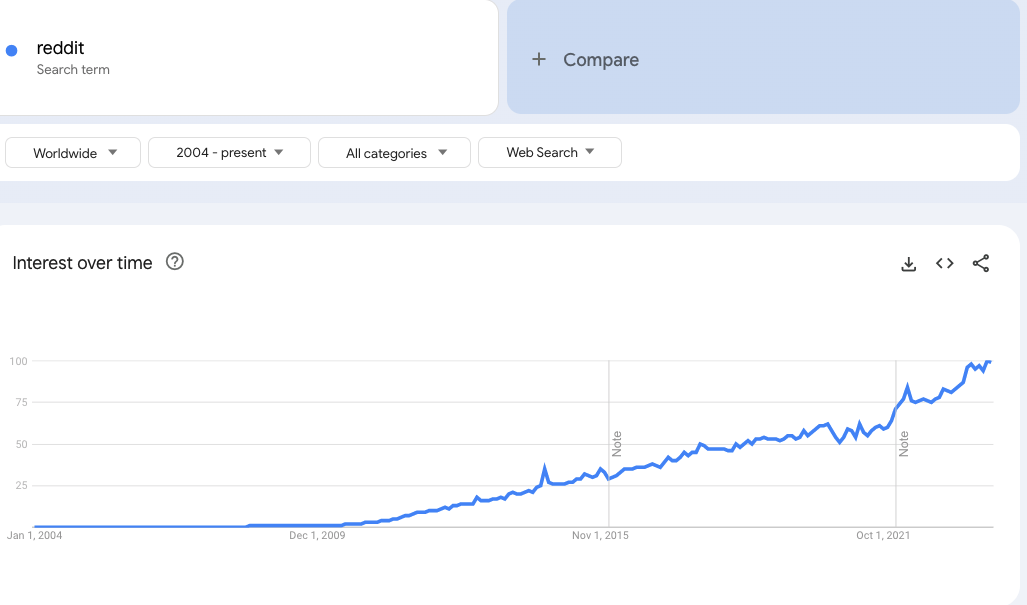
So while you can use ChatGPT to tidy up your writing, or give you a first draft, don’t rely on it to generate everything. You still need an unique point of view and an interesting hook for people to pay attention to you. So be bold, share your opinions, add humor, be real, use emojis 😉 and tell stories that only a human can. People are going to value this kind of content more and more in a world where AI content is everywhere.
Play with these AI tools and try to replace yourself
This tip might seem obvious, but it’s crucial: dive into these AI tools and start playing around with them! Use them every day for all sorts of tasks. This will help you figure out what ChatGPT is good at and where it struggles. Try different ways of giving instructions (prompting) to see what gets you the best results. We’ve already entered the era of AI, and there’s no going back. So, why not embrace it and explore how it can boost your productivity? The more you experiment, the more uses you’ll find.

In fact, take the lead in your workplace to suggest more efficient ways of doing things using ChatGPT and AI. Imagine being the one who introduces a new AI tool to your team that streamlines a manual task, saving hours for everyone. You’ll no longer be viewed as a ‘cost’, but rather someone who can help drive down costs.
Become an AI-oriented domain expert and help companies incorporate AI into their business
This tip is especially for software engineers, but also for other non-obvious professions like law and auditing,
If you’re a software engineer, your skills are quickly becoming commoditized. I don’t care if you know 100 programming languages, or machine learning. And while knowing how to tune LLM models is a coveted skill now, even that will be eventually be a commodity. In order to thrive as an software engineer in the upcoming decade, you absolutely need to have cross-domain knowledge. Which means you need to pair your deep technical knowledge with deep domain expertise in a particular area. Examples include AI + biotech, or AI + construction. (to all those parents with kids: that means you’re going to spend double the money for that dual degree, unfortunately)
Cross-domain knowledge will be especially crucial in the next few years, as companies incorporate AI into their workflow. That’s because it’s the domain expert that knows what problems are actually valuable/important enough to use AI. It’s the domain expert who knows how to interpret that data, and the subtle biases in that data. It’s the domain expert who has some understanding on how to score that data. Someone with only a technical background is simply not going to know about stenosis calculations the way a trained cardiologist will. Or compressive strength calculations like a civil engineer. And on, and on.
Cross-domain expertise won’t just be needed for building innovative products. It’ll also be needed in boring industries. For instance, if you’re an attorney or legal expert, I would start learning about ways that biases can creep into AI models, in preparation for all the impending lawsuits that will deal with AI governance. And if I was an auditor, I would keep abreast of AI regulations and AI auditing, because it’s something that will increase in demand as more states pass laws that make it illegal to use AI unless it’s been audited.
But above all: develop a growth mindset
AI is coming for our jobs, and while we can casually brush the fear aside, the much safer option is to over-prepare for this upcoming reality. A reality where all low-level tasks, and some high-level ones will be done by AI. Becoming closer to our customer pain points, becoming a more strategic worker, tinkering with AI tools, and developing cross-domain expertise are all things we can start doing.
But above all, we should develop a growth mindset. Instead of worrying whether our jobs are safe, we should be excited to be learning new tools and applying them to solve novel, innovative problems in the coming years. AI is challenging all of us to become smarter, more strategic, and more creative so we can’t be replaced. And we should embrace that challenge!
Subscribe to get more data-driven research on hiring, labor and AI trends
Future articles will include: outsourcing trends, our best attempt to use data to find out which careers are least likely to be replaced by AI, and more! No fluff, no armchair predictions, just refreshing research backed by DATA
